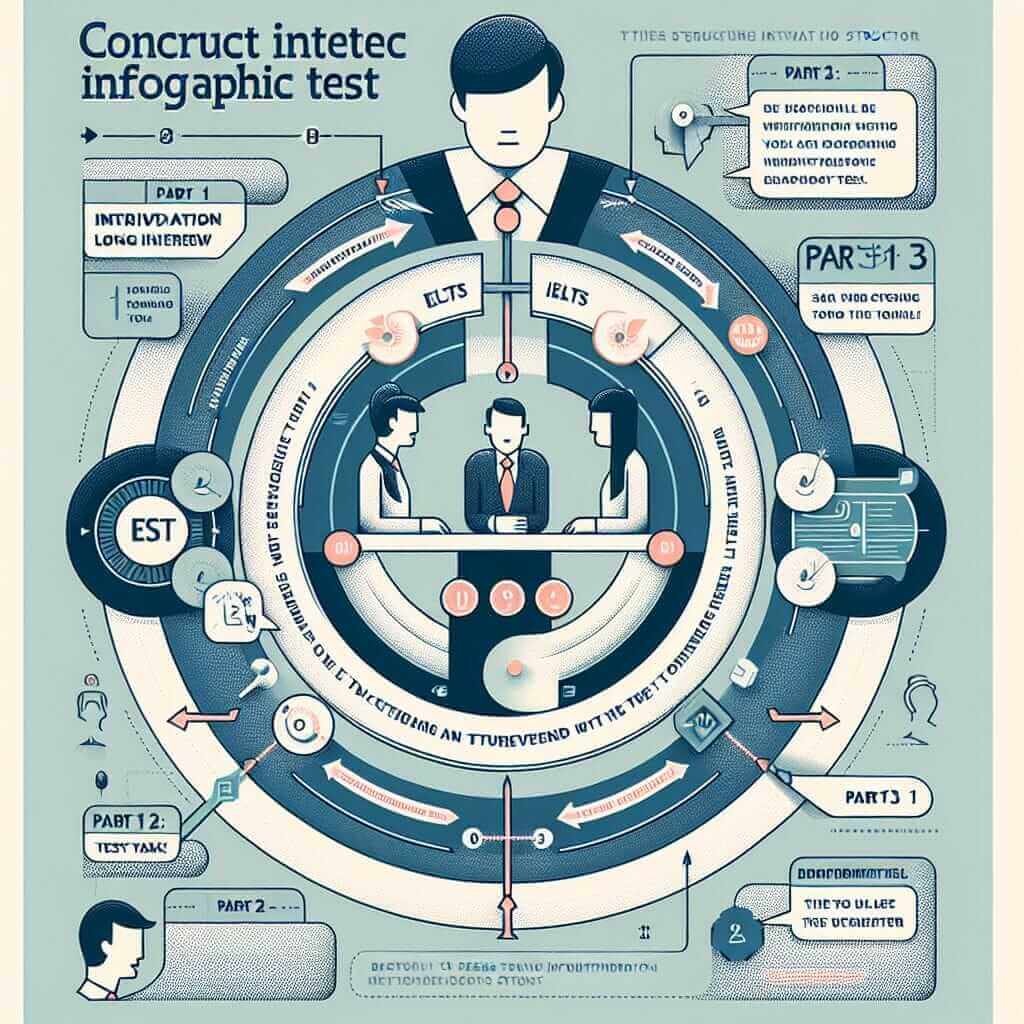As an IELTS instructor with over two decades of experience, I often encounter students who are curious about the computer-delivered IELTS Speaking test, particularly about note-taking. Many wonder, “Will I have notes for computer-based IELTS Speaking?” Let’s clarify this and address other frequent queries.
Dispelling the Note-Taking Myth in IELTS Speaking
Whether you choose the computer-delivered or the paper-based IELTS Speaking test, the format and assessment criteria remain identical. Crucially, note-taking is not permitted in either format of the Speaking test. This might seem daunting, but it’s designed to evaluate your spontaneous speaking abilities.
Why Note-Taking Isn’t Allowed
The IELTS Speaking test aims to assess your ability to communicate effectively in English in a natural setting. Allowing notes could detract from this objective in several ways:
- Impact on Fluency and Coherence: Referring to notes could disrupt your flow of speech, making it sound less natural and potentially impacting your coherence band score.
- Memorization over Communication: The test aims to gauge your ability to formulate ideas and express them spontaneously, not your capacity to memorize pre-prepared answers.
- Authenticity of Language: Using notes might lead to less natural language and limit your ability to showcase your true vocabulary and grammatical range.

Essential Tips for Success without Notes
While you won’t have notes, here are strategies to excel:
- Active Listening: Pay close attention to the examiner’s questions to provide relevant responses.
- Utilize the 1 Minute Preparation Time: For Part 2, use this time effectively to mentally structure your response. Don’t try to script a full answer; instead, focus on keywords and points you want to cover.
- Practice Speaking Spontaneously: Engage in regular English conversations and practice responding to prompts off the cuff. This helps train your mind to think and speak in English more naturally.
- Familiarize Yourself with the Test Format: Understanding the structure and types of questions in each part of the Speaking test will equip you to anticipate what’s coming and formulate ideas swiftly.
Example: Part 2 Cue Card
Let’s imagine you get this cue card:
Describe a time you helped someone.
Instead of frantically trying to jot down notes, utilize your minute to mentally outline these points:
- Who you helped: A neighbor
- How you helped: Assisted them with grocery shopping during an illness
- Why you helped: They lived alone and couldn’t go out
- How you felt: Glad to be of assistance
This mental framework will guide your response, ensuring you cover all relevant aspects without relying on written notes.
Conclusion
Remember, the IELTS Speaking test evaluates your capacity to communicate effectively in real-time. While the absence of note-taking might seem challenging, it compels you to refine your spontaneous speaking abilities. By actively listening, utilizing preparation time strategically, and practicing regularly, you’ll be well-prepared to showcase your true English communication skills and achieve your desired IELTS score.